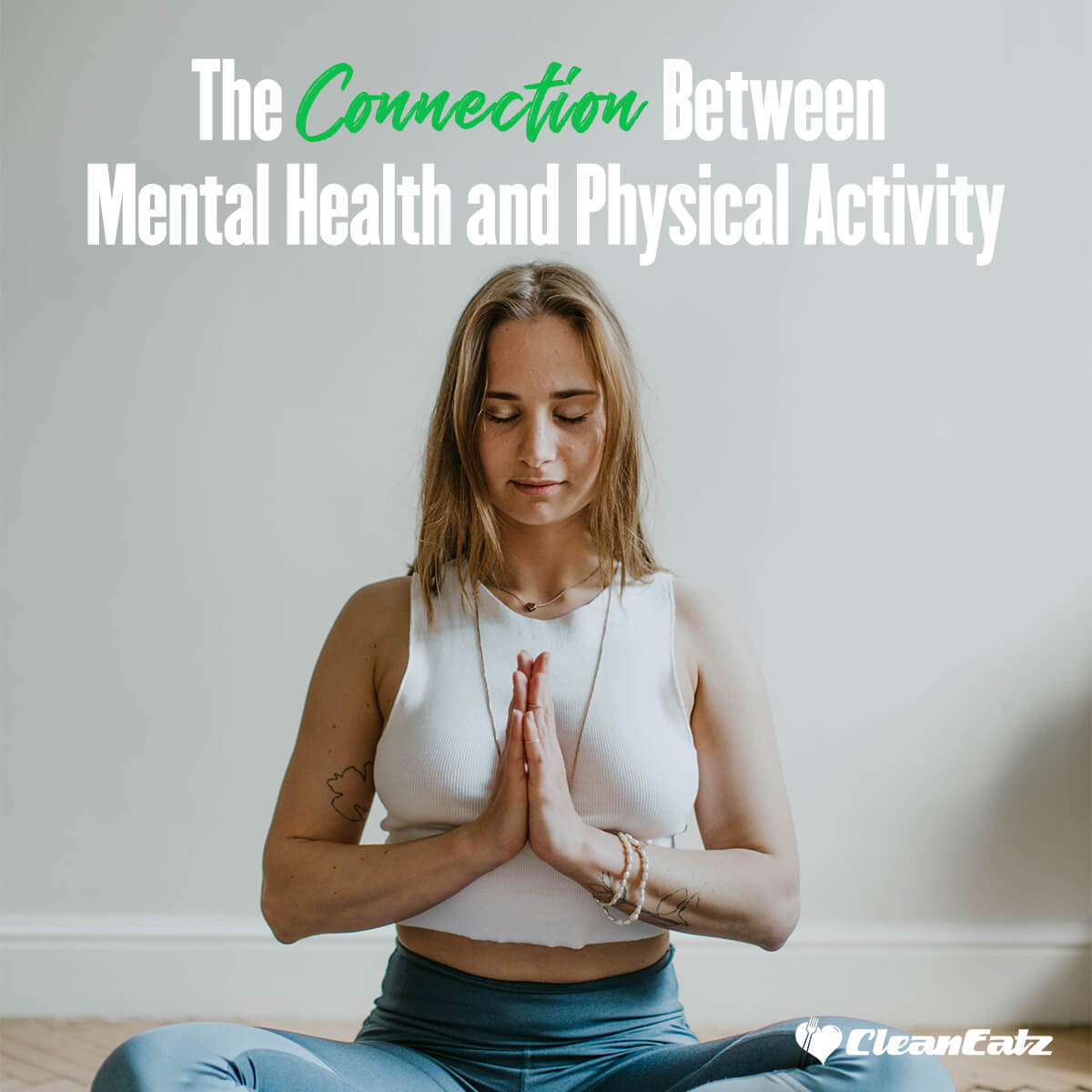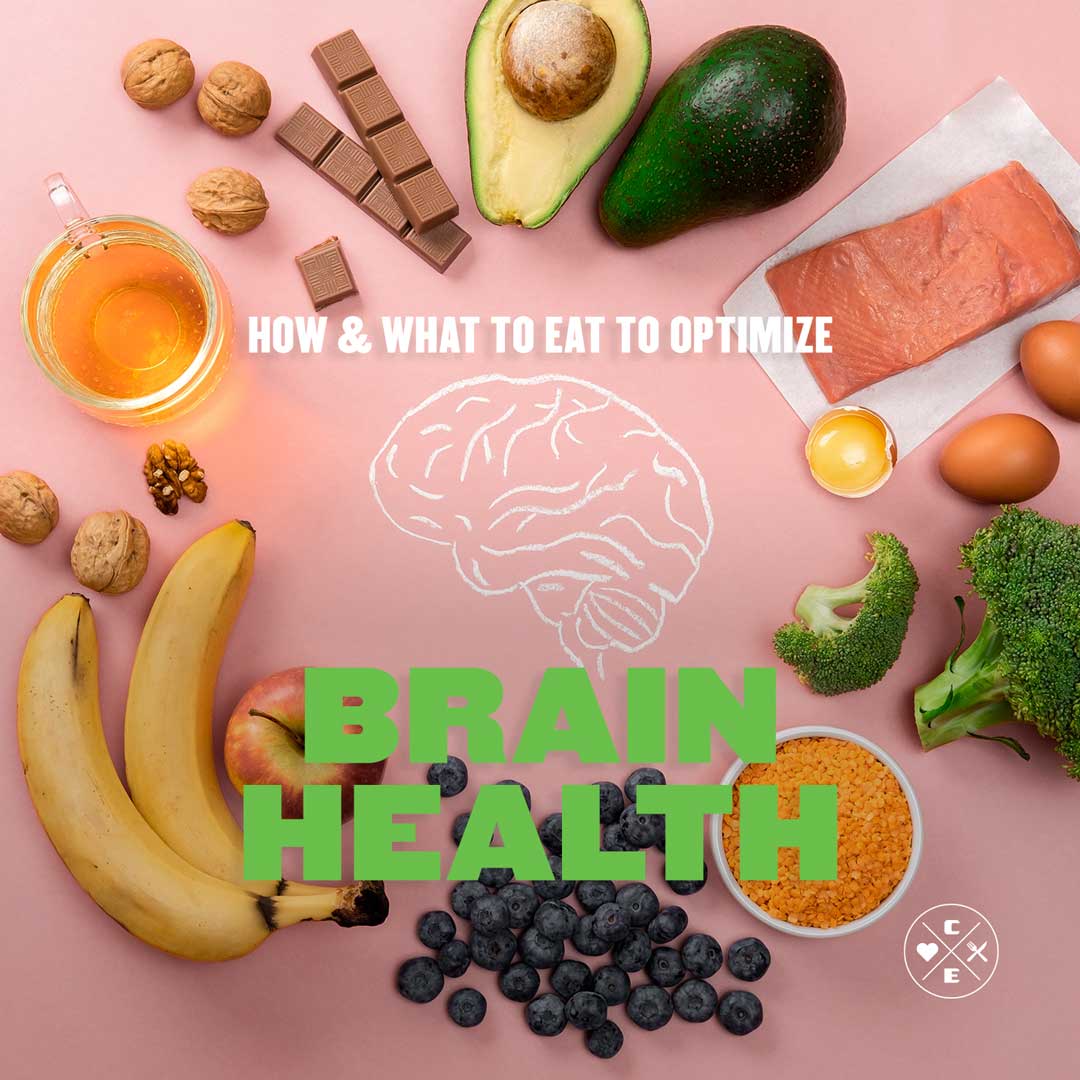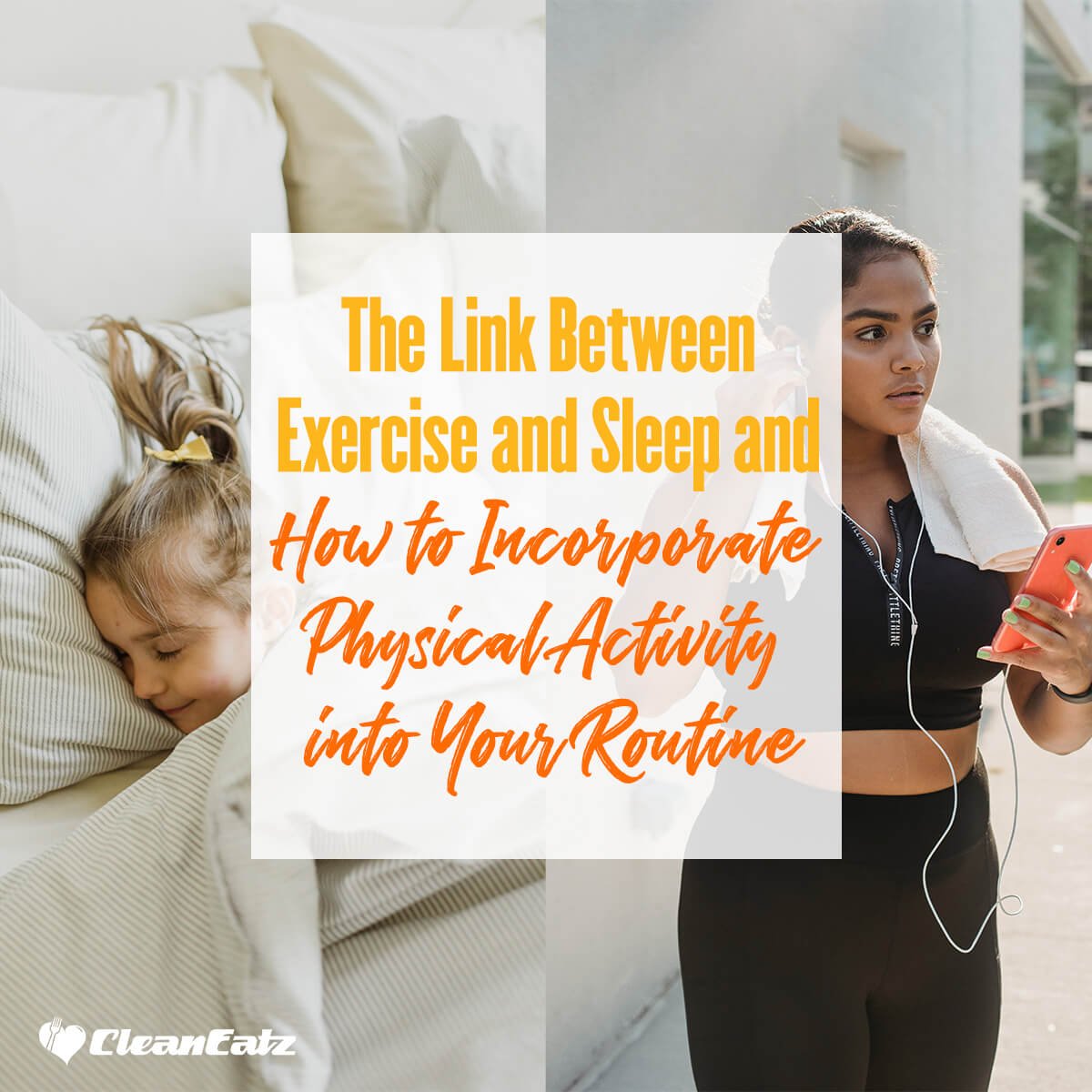
Delving into the Relationship between Physical Activity and Mental Health
Jason Nista
Exercises & Fitness
|
Mental Health
6 minute read
Have you ever considered the relationship between physical activity and mental health? New studies show that exercise is not only good for the body but is also a powerful remedy for various psychological issues. Here's a closer look at how physical activity benefits your mental health.
How Does Physical Activity Benefit Your Mental Health?
According to the Mental Health Foundation, there's a direct relationship between physical activity and mental health. Engaging in consistent exercise not only elevates self-esteem but also helps manage symptoms of anxiety and depression. Beyond just physical fitness, exercise plays a crucial role in mental well-being.
Physical activity does more than just tone your muscles; it releases endorphins. These natural chemicals are not only pain-relievers but also enhance your overall happiness. Embracing regular physical activity not only supports better physical health but also improves sleep quality – a critical factor in mental health.
Activities such as walking, swimming, or cycling showcase how physical activity benefits your mental health. Both physical strength and mental resilience are attainable rewards.
Furthermore, exercise is known to decrease cortisol, a stress hormone. In both short and long runs, understanding the relationship between physical activity and mental health becomes instrumental in managing stress.
Physical Activity's Role in Treating Mental Illness
The relationship between physical activity and mental health is so profound that exercise can be a therapeutic tool for conditions like depression and anxiety. Regular exercise is shown to boost serotonin, a neurotransmitter associated with happiness.
Additionally, physical activity has been recognized to enhance sleep patterns—often disrupted in depression—and mitigate stress levels. Exercise even tackles other issues like low self-esteem and concentration problems, which are often symptoms of anxiety disorders.
What's the Relationship Between Physical Activity and Mental Health?
The amount of physical activity you should engage in depends on your age, fitness level, and personal objectives. However, for optimal health benefits, adults are advised to undertake at least 150 minutes per week of moderate-intensity or 75 minutes weekly of vigorous-intensity activity (or a combination of both).
It's vital to highlight that even a little exercise is superior to none. As little as 10 minutes daily can positively influence both your physical and mental well-being. Always heed your body's signals to avoid overexertion.
How Physical Activity Benefits Your Mental Health
Being active is a cornerstone of a health-conscious life. Physical activity can profoundly impact your physical and mental wellness. Whether you're a fan of jogging, strolling, or sports, the time and effort put into remaining active will reap significant rewards. Here are some of the advantages stemming from an active lifestyle:
Cognitive Enhancement
Routine physical activity has a marked positive influence on cognitive functions. It aids in enhancing memory and focus. This is because working out stimulates blood circulation to the brain, supplying it with essential nutrients, vital for enhanced cognition. Exercise also amplifies brain plasticity, which accelerates our learning capability and bolsters retention of information.
Sleep Enrichment
Exercise is also a catalyst for improved sleep. It enhances sleep duration and minimizes insomnia-related symptoms. Studies suggest that aerobic activities, such as running or swimming, are the most effective in regulating body temperature and our circadian rhythm. This synchronization ensures we sleep when we intend to, offering quality rest.
Boost in Self-Esteem & Confidence
Regular workouts can also elevate self-esteem and confidence. Observing physical improvements from consistent exercise often instills confidence in us, mentally and physically. Additionally, team sports or group activities provide a platform for social interactions with like-minded peers, fostering camaraderie and further uplifting our self-worth.
Incorporating Exercise, Even When Mental Health Poses Hurdles
Understanding how physical activity benefits your mental health is essential. Engaging in such activities can uplift mood and diminish stress. However, when faced with challenges like depression or anxiety, finding motivation can be daunting. Here are some strategies to integrate physical activities into your routine, even when battling mental health concerns.
Begin Gradually and Simply
Understanding the relationship between physical activity and mental health can be daunting, especially when facing mental health challenges. Hence, initiate with modest steps. Choose an easy-going activity you love, whether it's a stroll in your community or stretching during TV commercial breaks.
As you grow accustomed to these, amplify the intensity and time. Eventually, you'll cultivate an exercise regimen that complements your lifestyle perfectly.
Stay Conscious of Your Body
As you explore the relationship between physical activity and mental health, remain attentive to your body's signals. If something feels amiss, or you're overwhelmed, pause. Prioritize understanding and respecting your body’s boundaries. This ensures that exercise enhances your mental well-being, rather than becoming a stressor.
Discover an Exercise Partner
Companionship can be pivotal in maintaining consistency in your physical activities. Invite a friend, relative, or coworker to accompany you on post-dinner walks or to attend a gym class. Mutual fitness goals can spark motivation and offer support during challenging times.
How Physical Activity Augments Emotional Health and Cognitive Abilities
Exploring how physical activity benefits your mental health reveals its potent impact on depression and other psychological concerns. Exercise:
- Elevates endorphin levels, hormones associated with joy.
- Diminishes cortisol concentrations, a hormone linked to stress.
- Enhances sleep quality.
- Acts as a therapeutic strategy for mental health issues like depression and anxiety by boosting serotonin (the 'happiness' neurotransmitter). Though the recommendation is 150 minutes of moderate or 75 minutes of intense exercise weekly, any duration is commendable! Consistent physical activity amplifies brain blood flow, delivering essential nutrients for cognitive prowess. Regularly exercising also uplifts self-worth and resilience.
Final Thoughts
The relationship between physical activity and mental health is undeniable. Exercise offers a plethora of benefits, not just for our physical well-being but also for our mental state. From alleviating symptoms of depression and anxiety to bolstering cognitive functions, the significance of consistent physical activity cannot be overstated. Regardless of the type or intensity of the exercise, the key is consistency. Even modest steps can yield tremendous results over time. For anyone seeking to enhance both physical and mental wellness, recognizing and tapping into the power of exercise is essential.
FAQ
How does the relationship between physical activity and mental health affect daily life?
Physical activity has a direct impact on mental well-being. Regular exercise releases endorphins, which are natural mood boosters. Additionally, it helps in managing stress, anxiety, and depression symptoms. Thus, integrating physical activity into daily life can lead to enhanced emotional stability, better sleep, and improved cognitive function.
Can physical activity alone treat mental health disorders like depression and anxiety?
While physical activity significantly contributes to alleviating symptoms of mental health disorders, it's essential to note that it's not a standalone cure. Exercise can be a powerful adjunctive treatment, but professional medical advice, therapy, and medication (when prescribed) remain crucial components in the holistic treatment of mental health concerns.
What type of physical activity is most beneficial for mental health?
Different activities suit different individuals. However, activities like walking, swimming, cycling, or even yoga can showcase how physical activity benefits your mental health. The key is to find something enjoyable, ensuring consistency. Whether it's aerobic, anaerobic, or flexibility-focused exercises, all forms of physical activity contribute positively to mental health.
Related Articles
How and What to Eat to Optimize Brain Health?
16 minute read
The Benefits of Strength Training and How To Get Started
5 minute read
The Link Between Exercise and Energy Level
7 minute read



